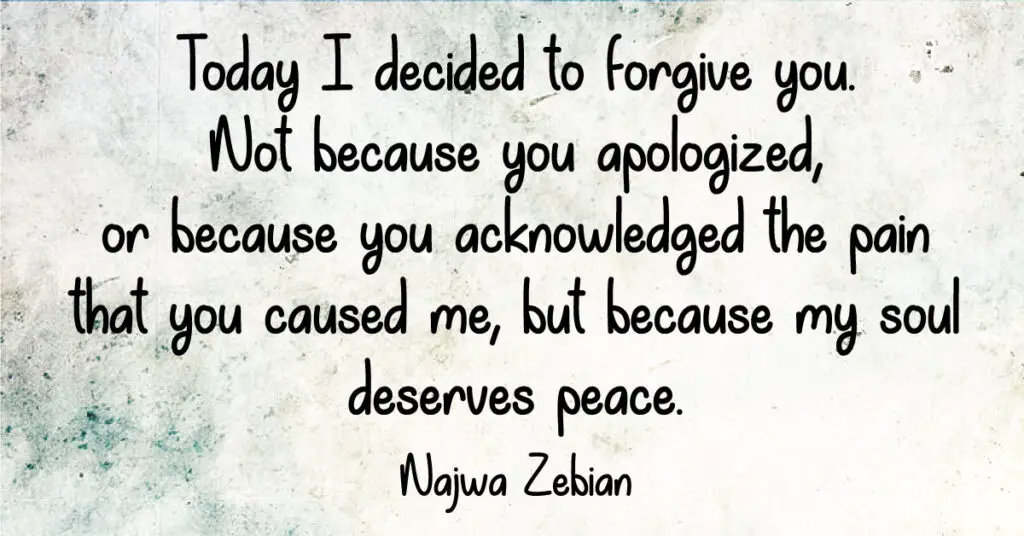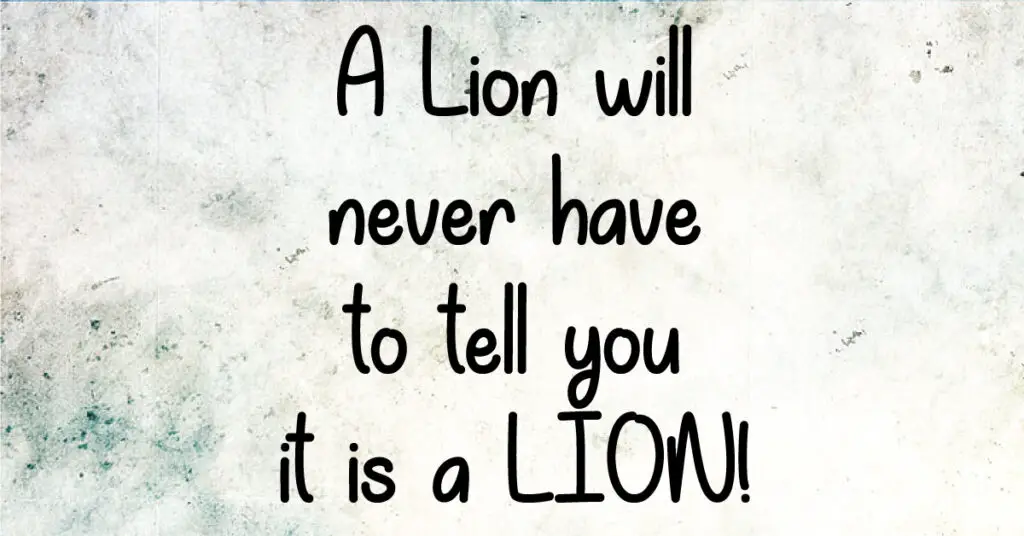Navigating the uncertain waters of a relationship can often be a daunting endeavor. The ambiguity surrounding your partner’s intentions and their level of commitment, particularly in the early stages, can be unsettling. It is natural to question whether you both share the same long-term vision for the relationship or if your partner is as invested as you are.
In pursuit of assurance, some individuals resort to manipulative tactics, setting up ‘loyalty tests’ to assess their partner’s fidelity. However, such strategies are counterproductive, fostering an unhealthy environment that breeds mistrust and insecurity rather than fostering loyalty.
So how does one approach this delicate subject? The key lies in cultivating open lines of communication with your partner. An honest dialogue can be challenging to initiate and navigate, but it is undoubtedly the most effective way to gauge your partner’s loyalty. In light of this, here are some thought-provoking questions you can ask your partner to assess their commitment to the relationship.
Here are 10 Questions To Ask Your Partner To Test Their Loyalty
How do you define loyalty in a relationship?
This question refers to the importance of understanding your partner’s definition of loyalty in a relationship. When you ask this question, it opens up a dialogue to discuss what loyalty means to each of you. This is crucial because everyone has different interpretations of loyalty based on their experiences and values.
By understanding how your partner defines loyalty, you can ensure that both of you are on the same page and share similar expectations. It sets a foundation for mutual understanding, which is key to maintaining a healthy and fulfilling relationship.
What are your thoughts on emotional and physical cheating?
Every individual has unique perceptions and boundaries when it comes to infidelity, which encompasses both emotional and physical cheating. Some people might consider certain actions as cheating, while others might not view them in the same light. By asking your partner about their thoughts on emotional and physical cheating, you can gain insight into their personal boundaries and views on fidelity.
Understanding these can provide a clearer picture of their commitment to the relationship, as well as their loyalty towards you. It helps in aligning your expectations and prevents misunderstandings in the future.
Have you ever cheated in a past relationship? If so, why?
Asking this question acknowledges the relevance of past behavior in potentially predicting future actions. It’s based on the psychological principle that our past actions often shape our future behaviors. When you ask your partner about their past, particularly regarding fidelity in previous relationships, it can provide important insights.
If they’ve cheated before, it doesn’t automatically mean they will cheat again, but it might raise some concerns. It could indicate potential red flags, especially if they don’t express regret or show understanding of the impact of their actions. However, it’s also important to remember that people can change and learn from their past mistakes. This question is more about understanding their values, growth, and attitudes towards loyalty.
What would you do if someone made advances toward you?
Their response to questions about potential harm to the relationship can be very revealing. It shows how they might handle difficult situations and whether they prioritize preserving the relationship’s health. Are they proactive or reactive? Do they avoid conflicts or confront them head-on?
Their approach speaks volumes about their commitment to you and the relationship. It’s not just about their words, but also their willingness to act in the best interest of the relationship.
How important is transparency to you in a relationship?
Transparency is a key aspect of loyalty. When your partner responds to sensitive questions, their level of openness can act as a barometer for their honesty. If they are willing to share openly, even when the topic is uncomfortable, it shows a commitment to transparency and truthfulness.
This willingness to be vulnerable is a cornerstone of trust and loyalty in a relationship. However, it’s essential to approach such discussions with empathy and understanding, creating a safe space for open dialogue.
How do you handle conflicts or disagreements in a relationship?
Loyalty is often tested in tough times and how a person responds to conflict is a strong indicator of their commitment. If they’re willing to work through disagreements, communicate effectively, and find solutions rather than assigning blame, it shows a deep level of commitment to the relationship.
This willingness to navigate difficult waters together, instead of taking the easy way out, is a true testament to loyalty. It’s during these challenging periods that the strength of a relationship and the loyalty of a partner truly shine through.
What are your thoughts about keeping secrets in a relationship?
Secrets can indeed create rifts in relationships, leading to trust issues. Understanding your partner’s perspective on secrecy can certainly shed light on their loyalty and commitment. If they believe in openness and honesty, it’s a positive sign that they value trust and are likely to be loyal.
However, if they advocate for keeping certain things hidden, it may indicate potential trust issues down the line. It’s crucial to have these discussions early on to establish a solid foundation of trust and mutual respect in the relationship.
How do you feel about sharing passwords or access to personal devices?
Striking a balance between transparency and privacy is crucial in a relationship. While openness can indeed be a sign of trust and loyalty, it’s equally important to respect each other’s personal space and boundaries. Everyone has a right to their private thoughts and feelings.
A loyal partner understands this and does not demand total access to their partner’s personal world. They should show willingness to share without forcing their partner to do the same. This mutual respect for personal boundaries contributes to a healthy relationship where both parties feel safe, understood, and valued.
Would you tell me if you were unhappy in our relationship?
Open communication is the cornerstone of a healthy and solid relationship. It allows for better understanding, fosters trust, and cultivates emotional intimacy. If your partner is committed to maintaining open lines of communication, it signals their dedication to resolving issues together and growing with you.
They’re showing that they’re ready to face challenges head-on rather than sweeping problems under the rug. This willingness to communicate openly, even when it’s difficult or uncomfortable, is a strong indicator of their loyalty and commitment to the relationship.
How do you see our future together?
This question can help you understand whether your partner is serious about the relationship. Discussing future plans and expectations can indeed provide insight into your partner’s seriousness about the relationship. If they’ve given thought to a shared future—whether it’s planning vacations, discussing living arrangements, or even talking about long-term goals—it’s a strong indication of their commitment and loyalty.
It shows that they see you as an integral part of their life journey and are invested in building a sustainable relationship together. However, it’s equally important to remember that everyone has their own pace when it comes to discussing the future. Patience and understanding are key during these conversations.
Final Thoughts
Asking your partner thoughtful queries about their feelings, future plans, and communication style can provide valuable insight into their loyalty and commitment. These conversations can foster mutual understanding and growth, strengthening the bond between you. Yet, it’s vital to approach these discussions with sensitivity and respect for each other’s pace and personal boundaries.
Remember, loyalty cannot be ‘tested’ through questions alone – it is demonstrated consistently through actions, patience, and mutual respect over time. Trust your intuition, observe their actions, and communicate openly for a healthy, fulfilling relationship.







